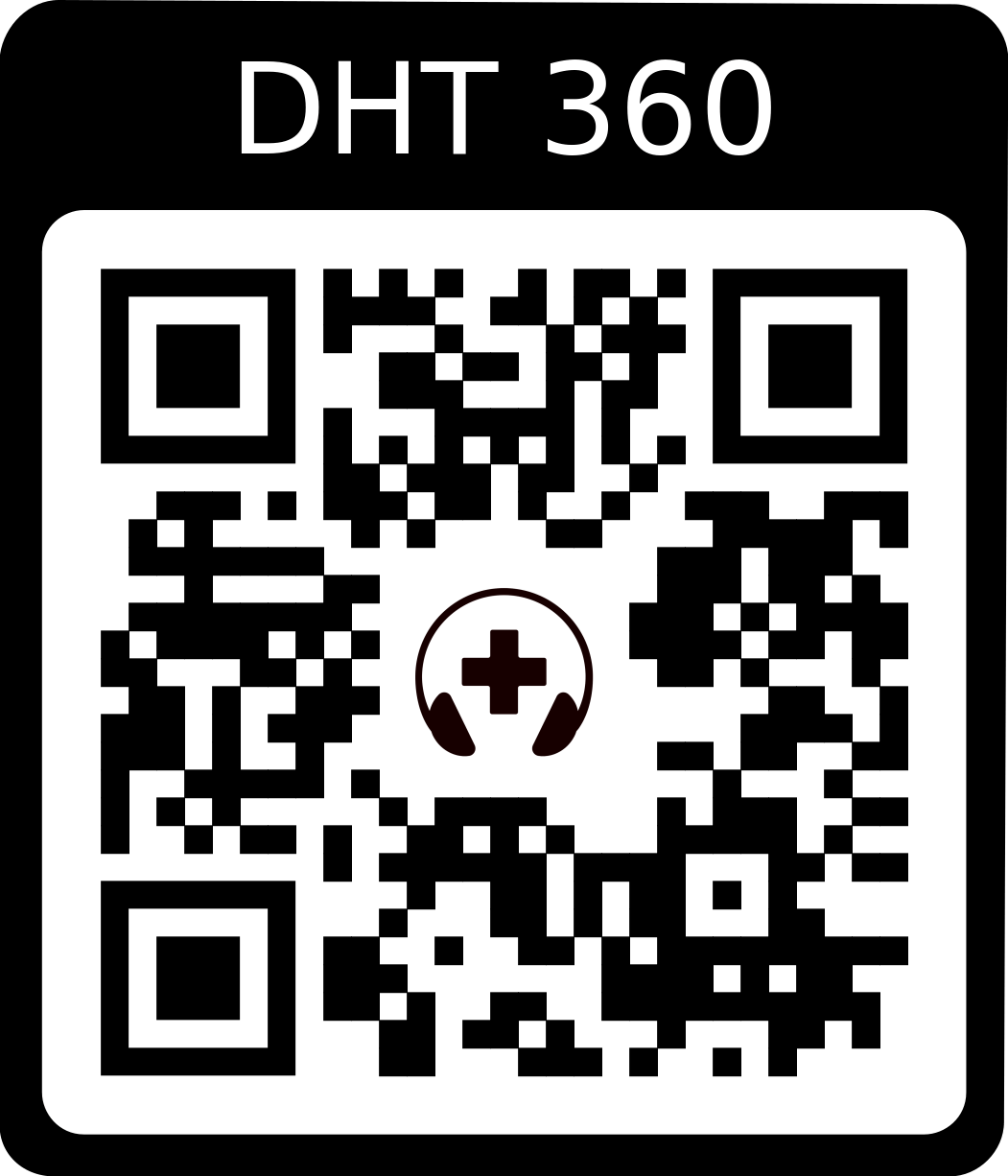S8: #072: Can Wearable Devices Help Drive Behavior Change?
In this episode we explore the intersection of wearables, data and behavior change. We all know that behavior change is a key part to managing or reversing the effects of chronic conditions, but how can wearable technology enable people to make better decisions about their activity, diet, and sleep? Or do wearable trackers actually help us justify our bad behavior – like treating ourselves to a pumpkin spice latte as a reward because we hit our 10,000 steps for the day (you know who you are!).
Here to share his experience is Dr John Moore. John is a physician, engineer and the Medical Director at Fitbit. John studied biomedical engineering and then medicine at Boston University. He was on a path to become a specialty surgeon in ophthalmology, but left his residency early because he became very interested in the underlying causes of chronic diseases.
John earned a PhD from MIT where he focused on the intersection of health psychology, learning science, and human-computer interaction. He went on to co-found Twine Health in Cambridge Massachusetts which developed an innovative, and proven, health coaching platform that empowers people to take control of their health to achieve better outcomes.
Twine was acquired by Fitbit in February 2018, and John became Fitbit’s first medical director. In this episode, John shares some insights about his experience with wearable devices, self-tracking and personalized digital interventions to help improve wellness, disease management and prevention.
Today’s Topics:
- The nexus of work that led to starting Twine Health
- Twine Health’s success and outcomes before the acquisition by Fitbit
- How Fitbit is leveraging the capabilities of the Twine platform
- User journeys and keeping users engaged with their devices over time
- Clinical research using Fitbit and some of the studies that are in progress
Links and Resources Mentioned:
- John Moore on Twitter
- John Moore on LinkedIn
- Fitbit on Twitter
- Fitbit on LinkedIn
- Fitbit on the Web
- How Wearables Improve Treatments, Boost Patient Experience
- 21 clinical trials that are using Fitbit activity trackers right now
- Digital Health Events
- Join Digital Health Today
This episode is made possible thanks to our sponsors.
































